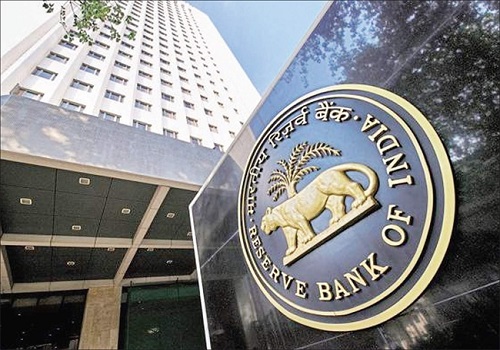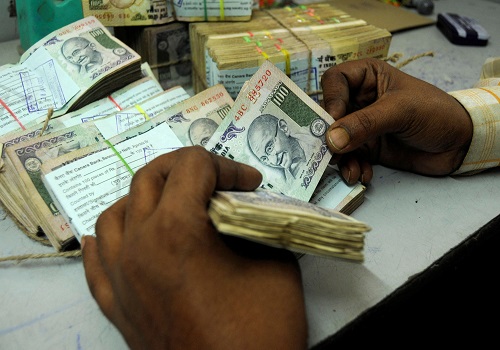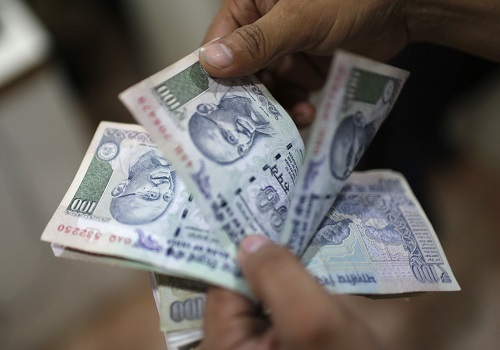`India`s forex reserves dropping below $500 bn would force RBI to hike more aggressively`

Follow us Now on Telegram ! Get daily 10 - 12 important updates on Business, Finance and Investment. Join our Telegram Channel
With a fast drawdown of India's forex reserves, some investors are raising the concern that a drop below $500 billion would force the RBI to hike more aggressively, Morgan Stanley said in a report.
In other words, the Reserve Bank of India (RBI) could start to accumulate reserves again should the USD start to weaken. This would keep the rupee underperforming, the report said.
The RBI has used close to $100 billion of FX reserves since late 2021 to defend the currency. Such action makes sense as it had been accumulating FX reserves before that and it wants INR stability in order not to import inflation, the report added.
Indian rupee outperformed in the early part of 2022 but the depreciation of the yuan which started in August also pushed INR to break 80.0, level that the RBI has been defending.
"In 2023, we expect INR to underperform versus its Asian peers, despite a weaker USD," the report said.
India continues to run north of a $20 billion trade deficit while half of that would be driven by oil.
"Our commodity strategists expect oil prices to reach US$110/barrel by the end of next year due to tight supply."
The reopening of China would lead to the recovery of domestic travel first,and increasing demand for fuel due to air and car travel could also support oil prices. This would weigh on India's current account and INR.
In bond markets, the market continues to price in a terminal rate of 6.5 per cent, which is reasonable, in our view, Given the sticky core inflation. The fact that headline inflation will not drop below 6 per cent before March 2023 suggests that the RBI has to stay on the hawkish side.
"For bonds, we don't expect 10-year G-Secs to trade below 7.0%. Rather, given that the yield is moving towards 7.0 per cent, we don't see it as attractive, especially given the heavy supply and potentially relatively wide fiscal deficit next year," Morgan Stanley said.










Tag News

Monthly Debt Market Update, September 2023: CareEdge Ratings





 320-x-100_uti_gold.jpg" alt="Advertisement">
320-x-100_uti_gold.jpg" alt="Advertisement">








